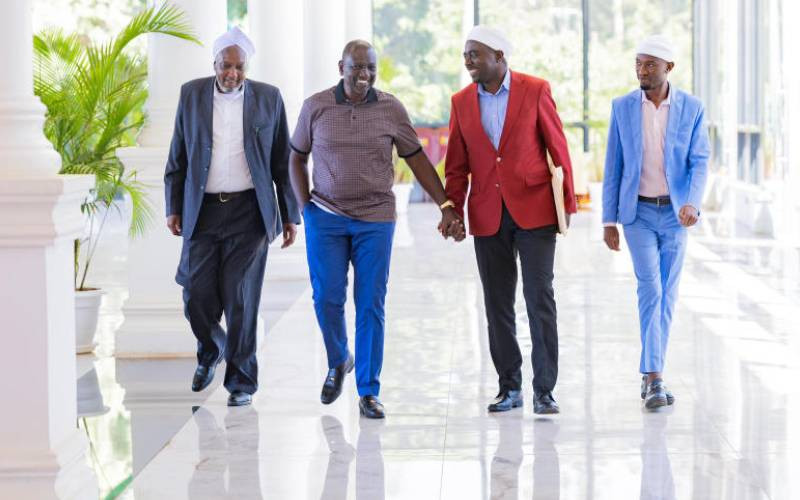×
The Standard e-Paper
Read Offline Anywhere

There comes a time in a nation's life when the signs of moral collapse are no longer hidden in shadows or whispered in corners - they march boldly in daylight. Kenya is living in such a time.
The Church's mission is rooted in the sacred and anchored in the moral. But a thriving market for the sacred is now in place. Church seizers do not need bullets, just bundles of cash. Among all the "assets" a Kenyan politician can buy today, the Church has become one of the cheapest.